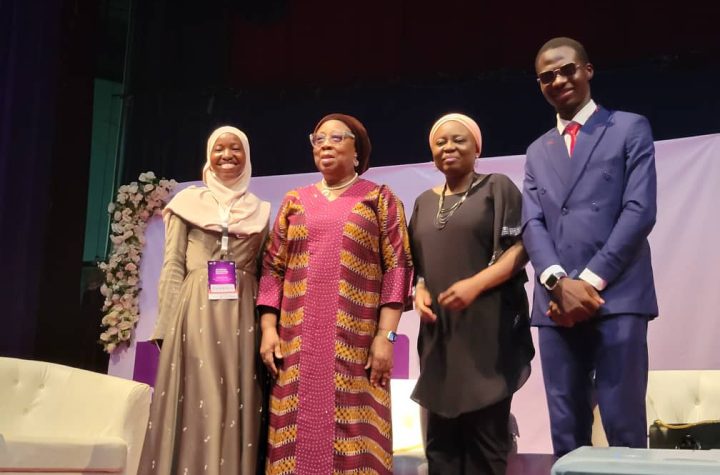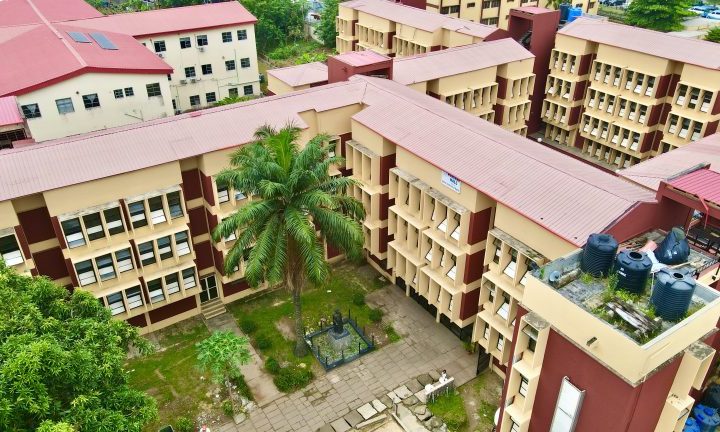By Abiola Ogunleye
The current academic session has been disrupted largely by the eight-month-long ASUU strike. For one, the university of Lagos marks its 53rd convocation and 60th anniversary. However, only postgraduate students would be graduating as the undergraduates are only just resuming for the second semester of the concluding academic session. No thanks to the first semester that lasted almost a year after an October resumption in 2021. That also is not unrelated to another strike action.
Although the COVID-19 pandemic of 2021 mandated a stay-at-home lockdown, the government gradually eased the curfews and many private institutions resumed learning. Many of these already continued lectures during the lockdown on their already established various virtual learning platforms. Public institutions, on the other hand, started virtual learning more as a case of necessity. Who bothers about online learning when the physical structures aren’t in top shape? Amazingly, with the diligence of university staff and administrative structures, various federal schools commenced their online learning management systems and were able to continue learning.

Unfortunately, upon the permission of physical activities, the Academic staff union of universities resumed its previous strike action paralysing whatever little online learning these schools started.
To avoid endless listing, these many strike actions are part of why Nigerian students spend about seven years for a four-year course, watching colleagues in private tertiary institutions complete their education in record time and move on with other aspects of their lives.
There are answers for why federal institutions often lag behind in terms of years spent in school; Strike actions being a major.
The Academic Staff Union has embarked on a record number of 16 strikes since 1999 all for the same which can be summed as one. ASUU seeks funds for the revitalisation of Nigerian public tertiary institutions.
Students, parents and the general public are often quick to throw critical glances at the Union whenever they embark on strikes. A closer look at these reasons for strike actions will persuade them otherwise.
All should recognise that education is a public service that government owes its citizens. Just like good roads that minimise accidents and facilitate inter-state exchange and can move easily or good health care so that we can be treated and live better lives, education plays a central role in national development.
Tertiary institutions, polytechnics, colleges of education and universities alike train and produce manpower to meet the various production needs of a nation. While some may argue that certificates are not essential to manpower development in Nigeria today, that assertion is rather mediocre and limited in scope.
For any country would achieve and maintain international relevance in today’s world, a desire of every serious nation, they need products that can meet and beat international standards. Research and innovation go into finding out these standards and meeting them. The issue, therefore, is not the certificates but having the skills that reflect the certification.
Unfortunately, not much can be done regards upskilling and training without the facilities needed for doing so. This is the case in many Nigerian tertiary institutions today. It is for the same reason that unions continually embark on strikes to demand the government increase in funding so that these heights can be met.
While strike actions may not be the best method of achieving these, not many alternatives have been produced to get government attention.
What we can all agree on however is that education is not cheap. If education is expensive, try ignorance they say. The private institutions many look at spend heavily to maintain and produce the quality they are so desired.
If such bills are required of students of public institutions, it is expected that not many would have access to education. Such laws only make education the preserve of the rich and further strengthen the corruption chain that has become a dent in our reputation as a nation.
Is this a plea to the general public to reevaluate their opinion of academic staff when they embark on strike actions? Perhaps. Beyond that, however, it is a call to consider the hard future we may be entering with regard to getting tertiary education in Nigeria. This is especially since strike actions seem to be ineffective in getting the government’s attention any longer.
Shall we continue to have mediocre graduates without proper university education experiences who will only spend quack years in school to start life education after graduation when they could have learnt it in school if the funding for facilities were available? Or we rather restrict complete education to a few by completely privatising tertiary education? That is a question we desperately need answers to.





More Stories
Podium Maiden Edition Ends with Mass Communication Win
MSSN UNILAG holds 2024 Academic Counseling Seminar
Students to Ballot for Mariere Next Week, Fee Remains 43,000